Tetrahydrocannabinol—or THC for short—has been an increasingly trending topic in the cannabis industry. Many people use it for their wellness routines, others for mental health, and still others use THC for recreational purposes.
If you’d like to learn more about THC, read on for a comprehensive FAQ on the topic.
What is THC?
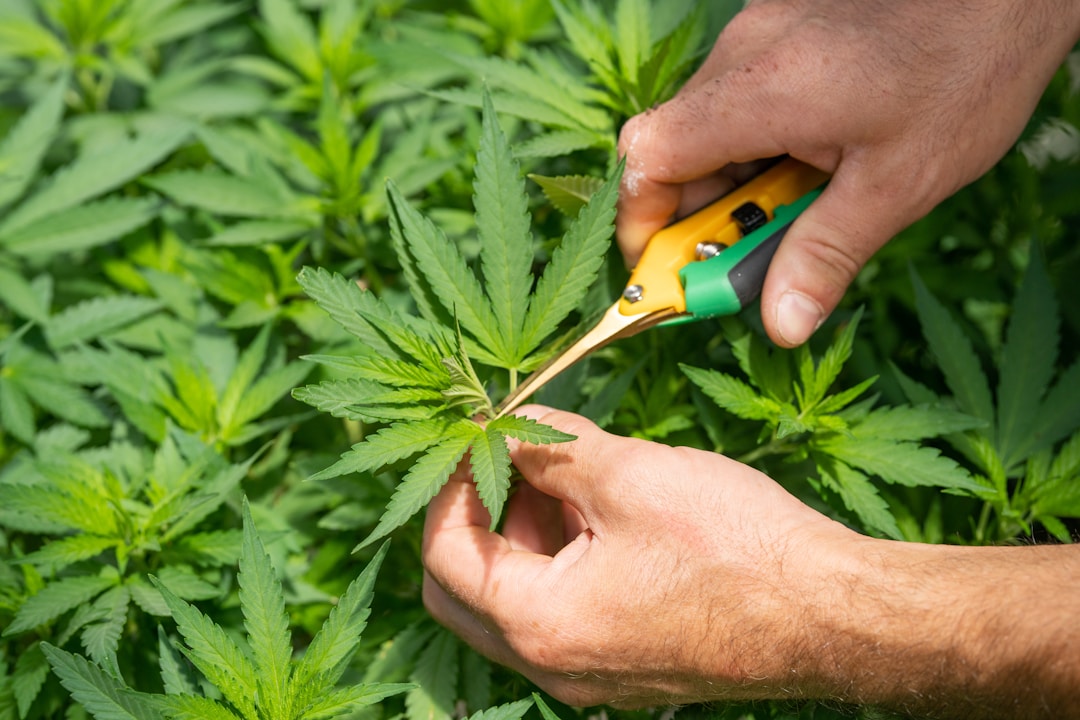
THC is a natural compound found in Cannabis plants along with CBD, or cannabidiol. Out of the two, THC is the one that produces a euphoric sensation, as it is the primary psychoactive compound in cannabis. THC is chemically congruent with your body’s endocannabinoids, so they interact with cannabinoid receptors, causing neurotransmitters to be released in your brain that cause the distinguished high feeling.
What is the difference between Sativa and Indica?

Cannabis can have different effects from the two indica vs sativa. Indica strains are short, bushy plants with broad and dark green leaves. Sativa plants are tall plants with thin light green leaves. While cannabis Sativa is stimulating and great for daytime use, Indica is usually used at nighttime for a more relaxing feeling.
Indica strains will act as sedatives and can alleviate discomfort, while Sativa promotes energy and focus. In addition, Indica plants generally have more CBD content than THC, but the case is backward in Sativa strains—it commonly contains more THC than CBD.
What are some THC products?
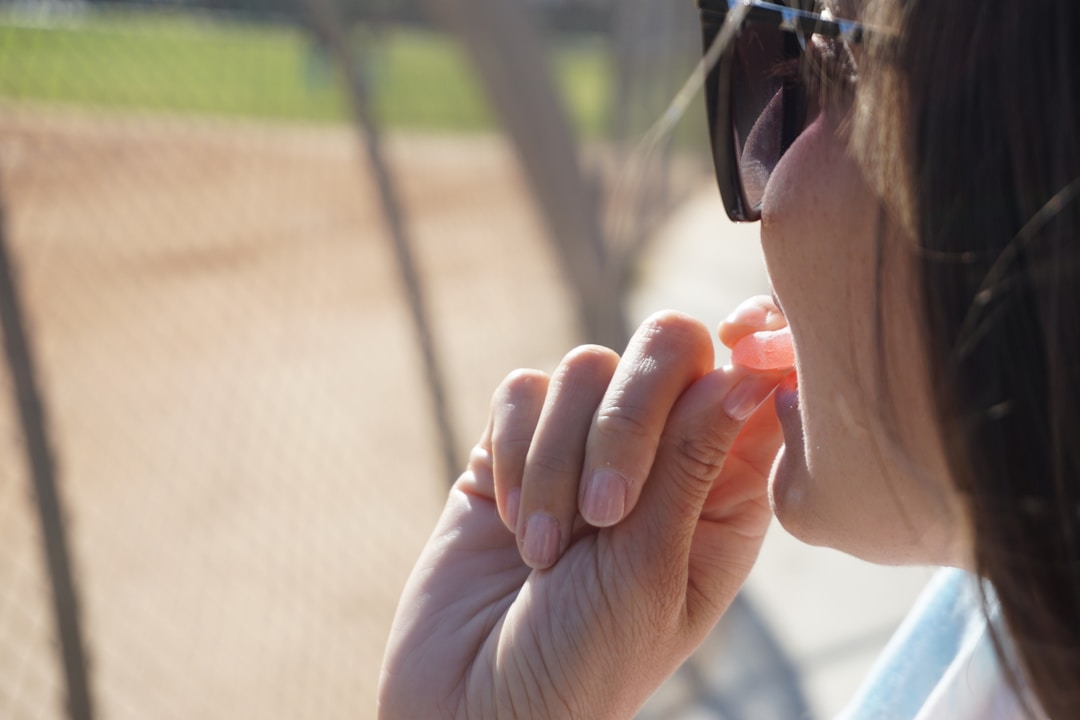
THC can be ingested in various forms. THC comes in products like tinctures, gummies, edibles, lotions, dabs, concentrates, distillates, and vapes, among others. Vapes generally need a specific cartridge to work. These cartridges come in different sizes and flavors, and Sativa, Indica, and hybrid strains. You can find the best THC cartridge for you in shops like The Legion of the Bloom.
Will I get the munchies with THC?
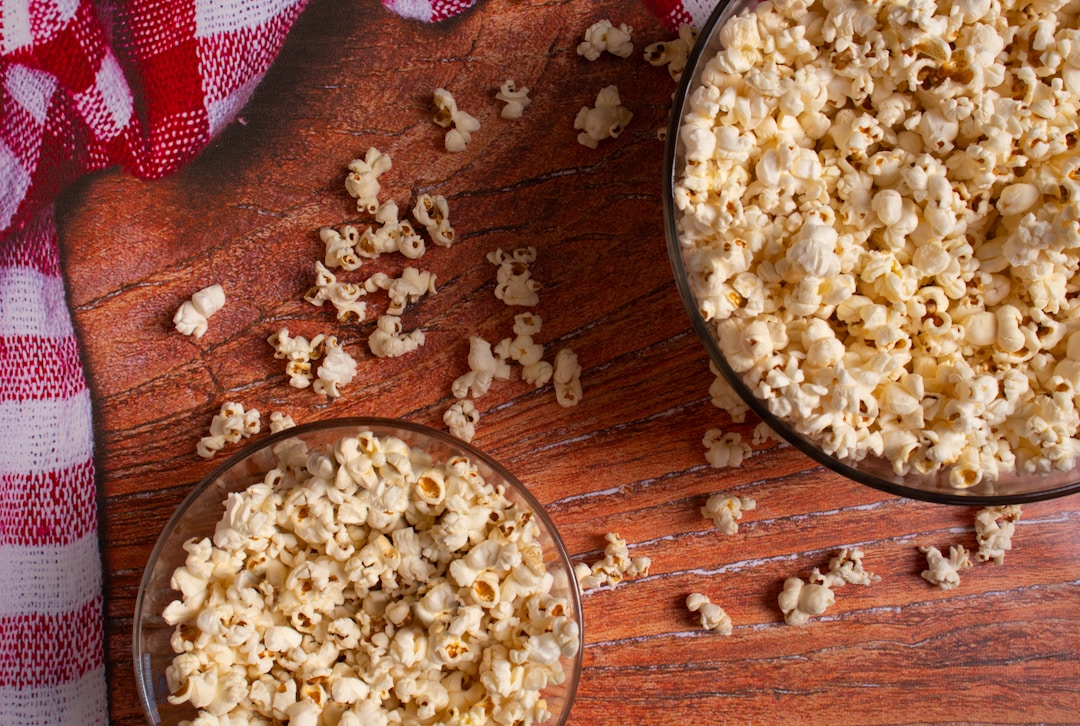
If you take THC, your appetite will most likely increase. This is because THC is a psychoactive component that can trigger a part of your brain that stimulates your appetite. So after a smoking session, you will most likely want to devour the snacks in your fridge and pantry.
How long do the effects of THC last?

Your experience with THC will be unique and not like anyone else’s experience. This will depend on your method of consumption, dosage, and physical situation, you will have a different reaction to it. Depending on your chosen format and the amount you’re using, your response can range anywhere from one to six hours, on average.
Where is THC legal in the United States?
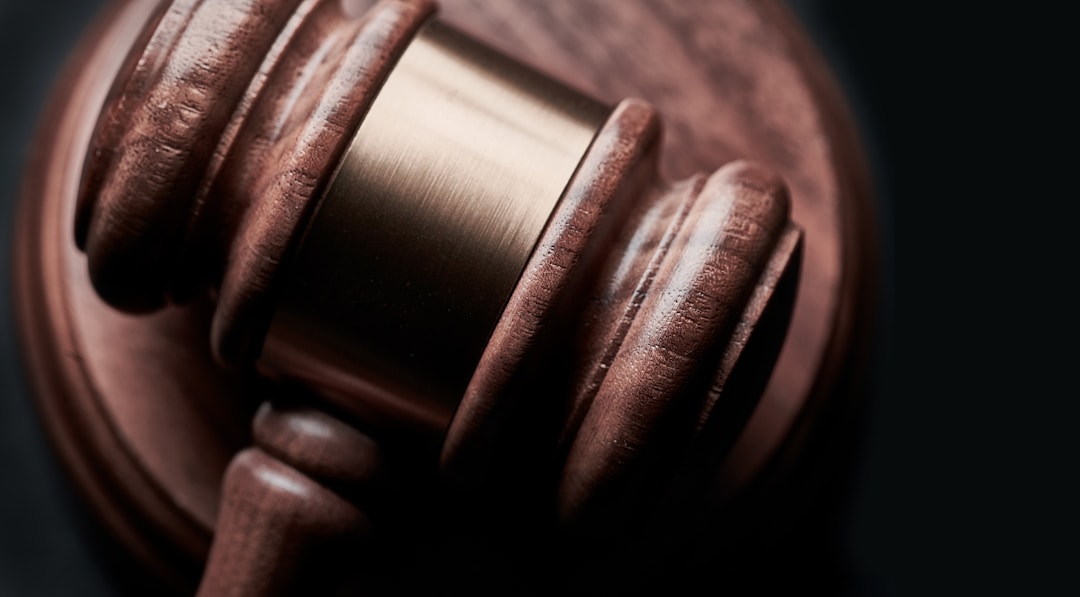
As time passes and marijuana becomes more normalized in the U.S., more states will legalize recreational marijuana use. The latest state to legalize THC has been Connecticut, following the lead of 18 other states. So far, over 141 million people live in states where the hemp plant has been legalized for recreational use, including the following ones:
- Alaska
- Arizona
- California
- Colorado
- Connecticut
- Illinois
- Michigan
- Montana
- Nevada
- New Jersey
- New Mexico
- New York
- Oregon
- South Dakota
- Vermont
- Virginia
- Washington
Is THC the only cannabinoid?
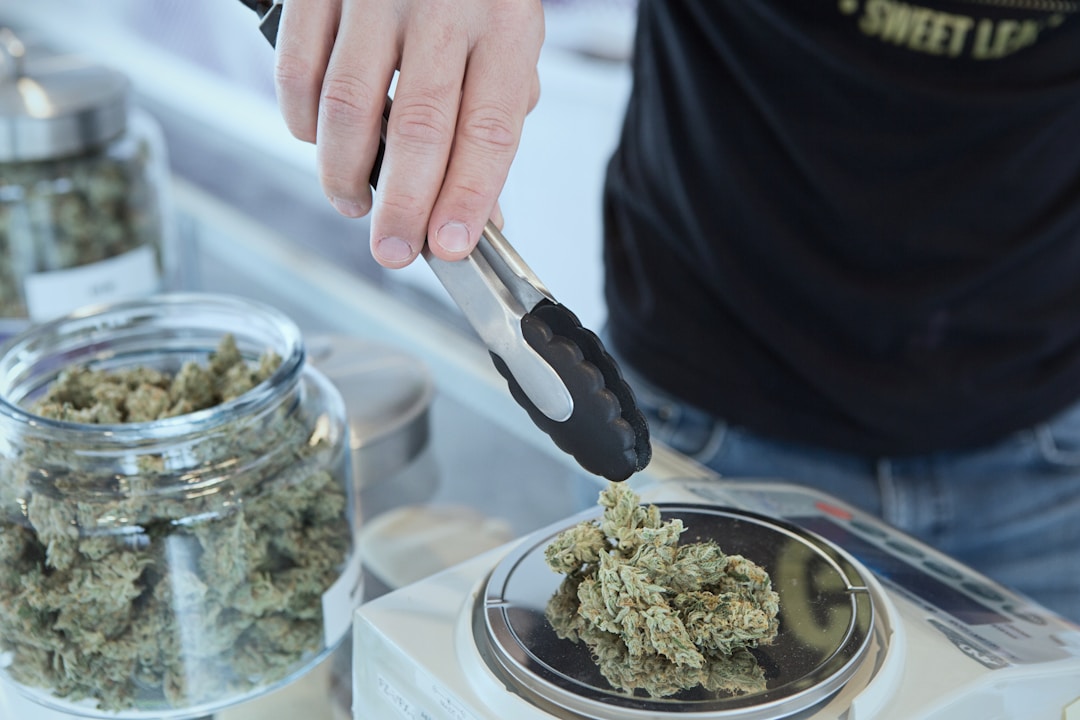
The short answer is no. There are over 80 types of cannabinoids that can have various effects on the human body and mind. Some of the other more recognized cannabinoids include cannabidiol (CBD), Delta-9, and tetrahydrocannabivarin (THCV). Other lesser-known cannabinoids include cannabidivarin (CBDV), cannabigerol (CBG), cannabichromene (CBC), and cannabinol (CBN).
They each have their individual wellness benefits as well as effects on the human mind and body. Depending on what you’d like to experience, you can choose from the various types at your local, legal dispensaries—if you want to soar like a kite, strive for THC.
Throughout the year, our writers feature fresh, in-depth, and relevant information for our audience of 40,000+ healthcare leaders and professionals. As a healthcare business publication, we cover and cherish our relationship with the entire health care industry including administrators, nurses, physicians, physical therapists, pharmacists, and more. We cover a broad spectrum from hospitals to medical offices to outpatient services to eye surgery centers to university settings. We focus on rehabilitation, nursing homes, home care, hospice as well as men’s health, women’s heath, and pediatrics.







